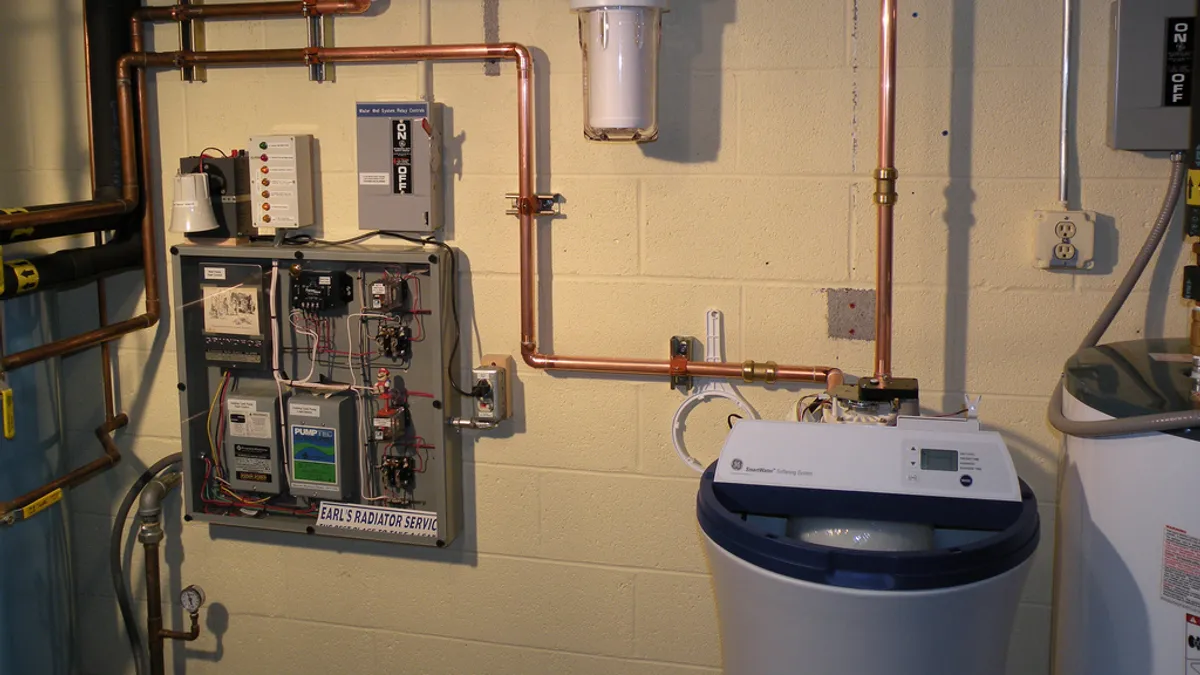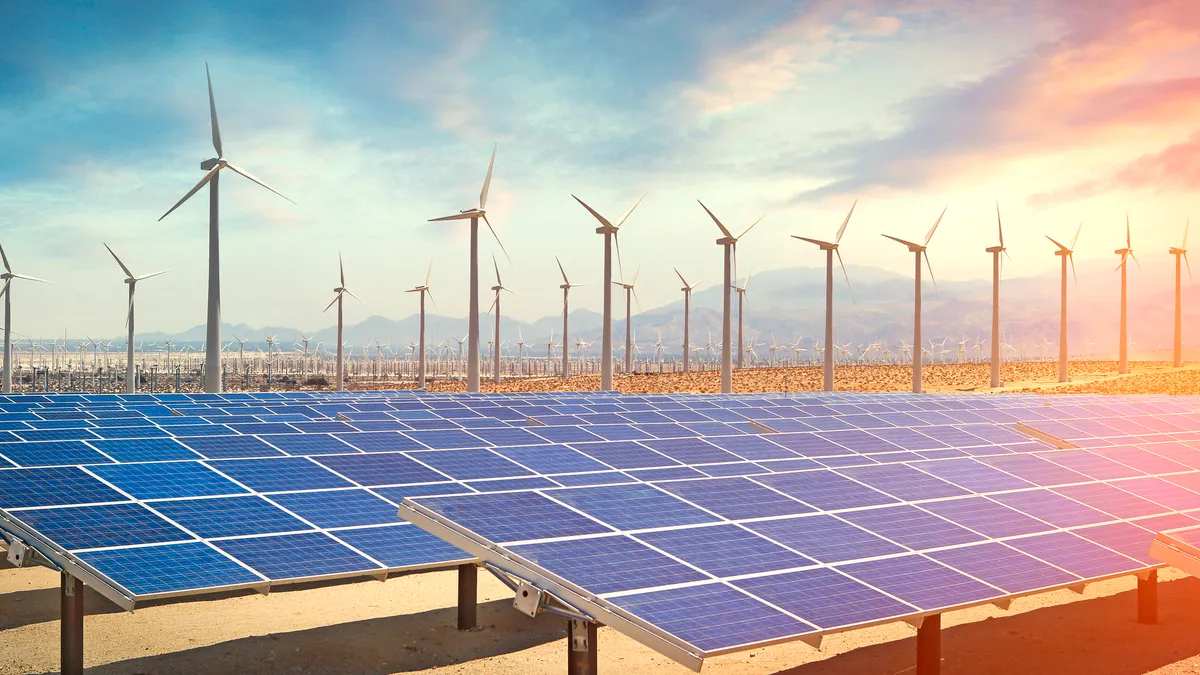Dive Brief:
- Some electric coops are scrambling to lobby Congress to save large-capacity water heaters from a ban set to go into effect next month, saying they are invaluable in demand response programs as energy storage devices.
- Beginning April 16, a U.S. Department of Energy rule will essentially ban manufacture of electric resistance water heaters with a storage capacity of over 55 gallons, usually used in rural areas typically served by electric co-ops.
- In response, the National Rural Electric Cooperative Association is backing legislation that would maintain a coop's ability to use higher-capacity heaters for demand response programs.
Dive Insight:
The National Rural Electric Cooperative Association is urging Congress to back a measure to allow cooperative electric companies to continue using larger water heaters despite a ban on their manufacture poised to take effect next month. The group is supporting a bill which would allow water heaters above 75 gallons to be used, but it music be specific to a demand response program.
Gary Connett, director of demand-side management and member services at Great River Energy, told a House Subcommittee on Energy and Power that the larger water heaters are vital to meeting energy needs.
"Through demand response programs offered by electric cooperatives, these super-insulated, high efficiency water heaters store low cost off-peak energy available in the night time hours as hot water. They allow for the optimization of renewable energy and more efficient operation of the electrical grid system," Connett said.
And he told lawmakers that today more than 250 electric cooperatives in 35 states are engaged in voluntary demand response programs using large capacity electric resistance water heaters.
"These water heaters are one of the best tools cooperatives have for meeting federal goals related to renewable energy integration, demand response, and electricity service reliability," Connett said.
As interest in demand response grows, the water heaters are showing up in the news. In Minnesota, the Steele-Waseca Cooperative Electric recently announced plans to construct a 250-panel community solar array, tied to a demand response program using water heaters. The coop had to get rid of a stockpile before the ban, and gave them away when customers bought a solar panel in a community project for $170.













